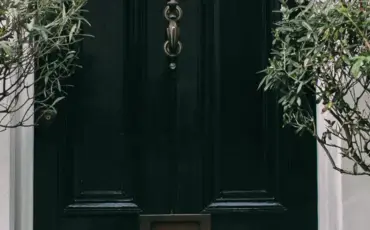
Tax Exemptions For Emergency Services
In the current climate, it is comforting that the Government has acknowledged the sacrifices that frontline healthcare workers are making by offering a £60,000 death payment to the families of those workers who have lost their lives as a result of covid-19.
When someone passes away (for any reason), their personal wealth (such as property, savings or belongings) are then subject to Inheritance Tax at a rate of 40% for wealth exceeding £325,000. There are additional exemptions and reliefs that may be available, depending on personal circumstances. However, for some members of the Emergency Services and Armed Forces, a complete exemption from Inheritance Tax (irrespective of the value) may also be available in certain limited circumstances.
Exemptions
For deaths occurring on or after 19 March 2014, no Inheritance Tax is payable in the following instances:
Death of Emergency Service Personnel
Where a death occurs as a result of responding to an emergency circumstance.
This exemption applies to various members of the Emergency Services, including the Police, Fire Brigade, Search and Rescue, Coastguard, Medical, Ambulance and Paramedic Services, and even those who are involved in the transportation of organs and medical equipment. It also covers humanitarian aid workers employed by the Government.
Death of Constables and Armed Service Personnel targeted because of their status
Where a Police Officer or serving member of the Armed Forces has died or has been injured as a result of being deliberately targeted because of his or her status.
This exemption also extends to retired service persons who may have been targeted as a result of their former role.
Death on Active Service
Where a death results from a wound inflicted, an accident occurring or disease contracted, whilst on active service in the Armed Forces, or while undertaking activity against an enemy in a war-like situation or other situation involving the same risks.
This exemption is also extended to cover the Police Service in Northern Ireland for deaths relating to injuries caused by terrorist activity.
Additionally, this exemption is available where a death is caused from a disease contracted at a previous time, but where such disease is aggravated and death is hastened, as a result of being on active service.
All of these exemptions also extend further to include gifts made before death but within the seven years prior to death, which would have otherwise been taken into account for Inheritance Tax purposes.
What does this mean during the pandemic?
It is yet to be seen whether those dying from covid-19 will be considered by HM Revenue and Customs (HMRC) under the current legislation and whether responding on the frontline will be considered as responding to an emergency circumstance. Although, we are not likely to see such cases being reported on for a while yet.
At a time of national emergency, with the largest disruption and crisis known to this generation, it will be interesting to see how HMRC interpret the legislation and whether they allow the exemption to be applied, in particular to those medical professionals who contract the disease while caring for others.
Obviously, no amount of money or tax saving will ever replace those lost, but when a loved one is lost while protecting the nation, it seems only fair that HMRC gain no tax benefit from that loss. These exemptions go some way in giving people the breathing space to grieve for a loved one who gave their life in keeping our country safe.

Share this article



















